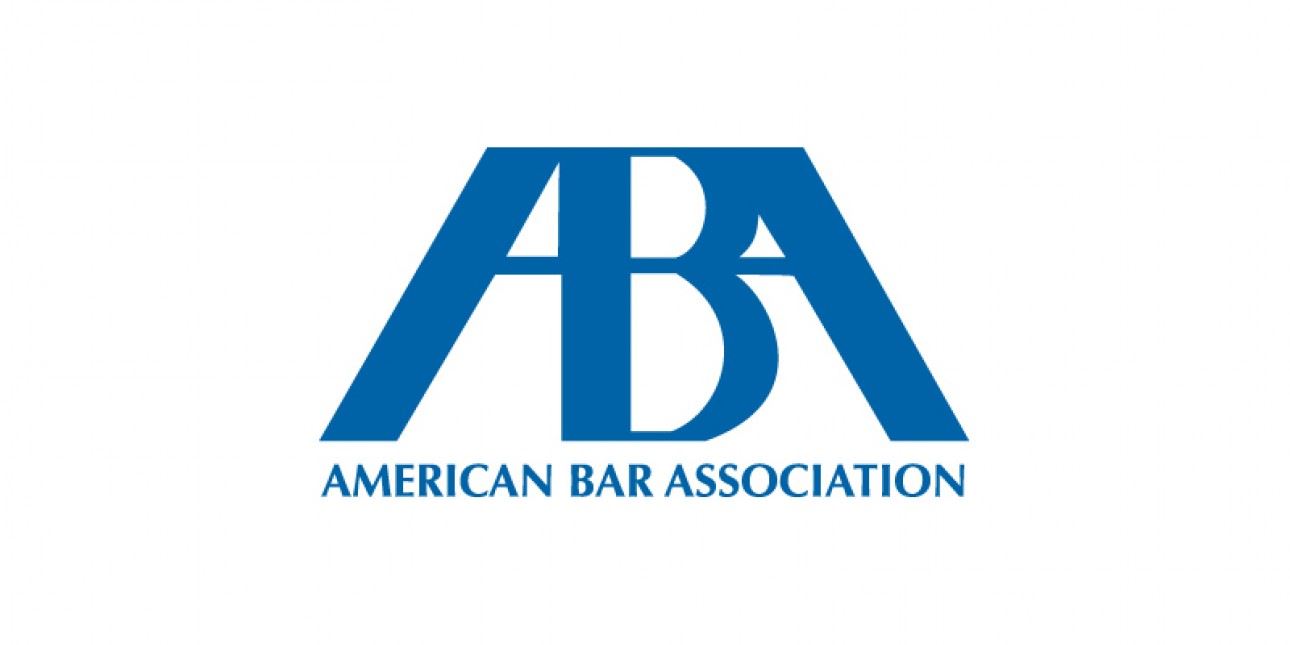
We serve clients throughout Pennsylvania, New Jersey, Delaware & Maryland.
What's The Difference Between SSI And SSDI?
SSI vs. SSD: Are They The Same?
Many people think supplemental security income (SSI) and Social Security Disability (SSDI) are similar because they are both federal government assistance programs administered by the Social Security Administration. However, the financial eligibility requirements and medical criteria for qualification are vastly different.
The big difference between SSI vs. SSDI is that SSI is for disabled individuals with limited income and resources, while SSDI is designed for working individuals who have a medical condition that is preventing them from working. These programs are the largest of several programs funded by the government that assist individuals with disabilities.
Before applying to one of these government assistance programs, it’s crucial to understand what you may qualify for. SSI is designed to meet the basic needs of a much smaller population of individuals. When it comes to the difference between disability and SSI, let us further explain below what the key differences are.
Give Rubin & Badame, Attorneys at Law, P.C. a call at (610) 595-4917 or contact us online today!
SSI vs. SSD Benefits
The SSI program aims to help those who are elderly, blind, or disabled due to a medical condition, who have a hard time paying for shelter and food. The financial requirements for eligibility are very strict. In contrast, SSDI provides benefits to disabled people who have worked jobs that are covered by Social Security, regardless of their current income and assets. This program covers a much broader range of individuals.
Additional differences between SSDI and SSI include:
- SSDI requires individuals to have an accumulation of work credits to be eligible
- SSDI monthly amounts are determined by one’s Social Security income record
- SSDI monthly payments are often much greater than SSI
- SSDI is funded by FICA and SS taxes, while SSI is funded through general taxes
Supplemental Security Income (SSI)
This federal income program is constructed to assist 65 + individuals with disabilities or who are blind who have little to no income, providing them with the money necessary to cover basic needs such as food, shelter, and clothing. SSI provides financial assistance to individuals with limited employment experience; as of 2024, individuals must have less than $943 a month in unearned income to receive SSI benefits.
Social Security Disability (SSDI)
SSDI program assists individuals aged 65 or older who have a disability and their families; however, those individuals qualify for SSDI benefits if they are insured, have prior work experience, and have paid Social Security Taxes. The required amount of work credits needed for eligibility depends on your age and the total yearly wages.
Main Differences Between SSI and SSDI
The most significant difference between these two programs is that SSI is based on age/disability and limited income resources and assets. SSDI is determined by disability and sufficient work credits. The financial benefits and the age/disability characteristics are the main differences between these programs.
Benefits
Often, it takes several months to receive a decision for eligibility for SSI or SDDI; the length of time depends on when your medical records and other evidence were obtained to form a decision if you qualify. However, SSI and SDDI are different regarding benefits.
According to the National Council on Aging, individuals can receive Supplemental Security income benefits the first full month after the claim was filed or if later the date found eligible. In comparison to SDDI, individuals can receive benefits after3-5 months to decide.
Eligibility Requirements
Supplemental Security Income has different eligibility requirements than Social Security Disability. To qualify for SSI benefits, an individual must be a U.S citizen and meet the Social Security Administration (SSA) requirements. Eligibility requirements for Social Security Disability are solely based on previous contributions to Social Security.
Average Monthly Benefits
Generally, the benefit rates tend to change annually; however, as of 2024, the average monthly income for SSI benefits is $943 for an individual and $1,191 for a couple or family. For SSDI, the average monthly rate is $1,128 for an individual.
Health Insurance
Upon qualification for SSI, individuals automatically qualify for Medicaid; however, a 24-month waiting period must take place in order to qualify for Medicare under Social Security Disability. Before applying for one of these programs, it is essential to see which one fits best for your situation; depending on your circumstances, you may be able to qualify for both programs.
An Explanation From Our Experienced Lawyers
Disabilities that prevent people from working often put a significant strain upon individuals and their families. The Social Security Administration (SSA) has two ways of providing assistance to those who find themselves in this situation. If you have a qualifying disability you may be eligible to receive Social Security Disability Insurance (SSDI), Supplemental Security Income (SSI), or both.
The social security disability lawyers at Rubin & Badame, Attorneys at Law, P.C.can help you discover which of these you may qualify for. In addition, our experienced attorneys can walk you through the application process and help you on your way to receiving benefits.
Find Out If You Qualify for Both SSI And SSDI
We encourage you to discover if you are eligible for both SSDI and SSI in order to maximize the benefits that you are receiving. If you think you may qualify, it does not hurt to apply. For more information and guidance through the process, call Rubin & Badame, Attorneys at Law, P.C. We are eager to put our years of experience to work for you.
For assistance with SSDI and SSI applications, hearings, and appeals, or to learn more about the the difference between SSI and SSDI, contact us for a free consultation at (610) 595-4917.
Related Blogs


Why Choose Rubin & Badame, Attorneys at Law, P.C.
-
Personalized Attention & Care
-
We offer free consultations!
-
We focus on providing high quality, client driven representation.
-
We have a dedicated team with over 35 years of experience.
-
We handle your SDD case with NO FEE until you win!
-
Extensive experience representing disabled individuals.
The Opinions That Matter Most
See What Our Clients Have To Say
-
"Truly a blessing to me and my family."Between Scott and his staff, I am sure my late father put me in his path. My calls were always answered, within minutes of me sending an email a response not just from Scott but also his amazing most helpful Paralegal team and secretary. Even when I was a- Aileen C.
-
"Your compassion & caring nature honestly was unexpected (one in a million) and so very much appreciated."
Dear Mr. Rubin,
Thank you so very much for taking the time and preparing for my son's case.
No parents want their children to be titled as "Disabled!"
But, in spite of our painful circumstances, your compassion & caring nature honestly was unexpected (one in a million) and so very much appreciated.
Thank you so much for taking my son's case, preparing thoroughly, and presenting well.
We are so grateful for your service.
Thank you,
- Youssefs -
"Five Star Experienced Attorney: Paul Badame"Paul is an experienced professional, but one that carries a humane & empathetic personality (this is rare to come by in the legal world).- Brittany
-
"Extremely Knowledgeable & Very Professional."After my consultation with Mr. Badame, my mind was more at ease and I was not surprised that he was able to get me the settlement award that I received.- Anthony P
-
"Polite, Proficient, Patient, Professional W/ Positive Results"Thank You, thank you, thank you! We highly recommend them.- AJK
-
"Caring & Competent"Paul has always been personable and professional. I've referred several people to Paul all of whom had successful outcomes.- Carol Lauchmen
-
"When someone is holding your life in their hands you want to feel confident that they are actually working for you and these men and women at this Law Firm do that."Five stars are not enough to tell you how good these guys are from the person that answers the phone down to their assistance work for them we're polite helpful never made me feel like I was being annoying if I ask a question.- Cheryl J.
-
"Thank you sir, for giving back the hope I lost."Thank you sir, for giving back the hope I lost.- S.M.








